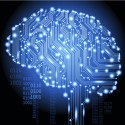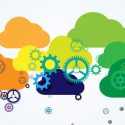Should You Be a Data Scientist?
Paradoxically, given the breadth of what “data science” means, the specific training and expertise is often very narrow. Students and young professional need to be well informed of the options and their personal strengths in programming, analytics, or subject matter expertise to apply the output of data science to their academic training.










